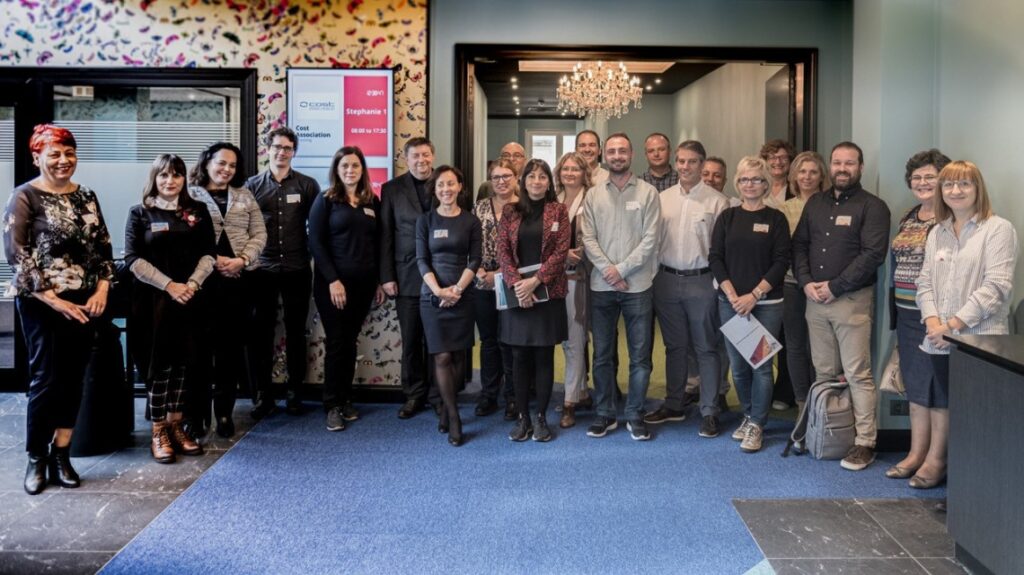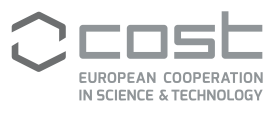On January 29-30, 2020 Mateusz Smoter from IBS participated in the second meeting of the COST project – Rural NEET Youth Network: Modeling the risks underlying rural NEETs social exclusion, which took place in Malaga, Spain. The meeting was dedicated to the situation of the NEET youth (not in education, employment, and training) in various European countries. The Institute for Structural Research is one of the implementers of this project, launched in December 2020. In coming months, a comparative report on rural NEETs in European countries will be prepared. Solutions that can help them return on the labour market or to education will be identified as well.

Jakub Sokołowski represents Polish scientists in the Management Committee of the project European Energy Poverty: Agenda Co-Creation and Knowledge Innovation (ENGAGER 2017-2021). It is aimed at developing and strengthening an international community of researchers and practitioners focused on combating energy poverty – a condition typically manifested by the inability to secure adequate levels of domestic energy services (such as heating, lighting, cooling, appliances). ENGAGER draws together scholars and practitioners both from and outside Europe, who focus on various aspects of complex energy poverty challenges.
Recently Jakub presented the paper “Measuring energy poverty in Poland with the multidimensional energy poverty index” (IBS Working Paper 07/2019) at the conference “Energy poverty: From Household Problems to Climate Crisis” organized by ENGAGER COST in Budapest.
The workshop was aimed at developing the definition and method of measuring energy poverty in Hungary, based on the experience of other European countries. Jakub shared an innovative methodology based on a multidimensional indicator that allows measuring the coincidence of five facets of this phenomena (high required costs and low income, high actual costs, inadequate housing condition, problems with bills and insufficient thermal comfort). Workshop organizers, representatives of the academic community and NGOs agreed that the methodology developed by IBS could be adapted to measure energy poverty in other countries, including Hungary.
The workshop report is available here.
***
Contact:
CA18213 – Rural NEET Youth Network: Modeling the risks underlying rural NEETs social exclusion
contact person: mateusz.smoter@ibs.org.pl
CA16232 – European Energy Poverty: Agenda Co-Creation and Knowledge Innovation
contact person: jakub.sokołowski@ibs.org.pl

